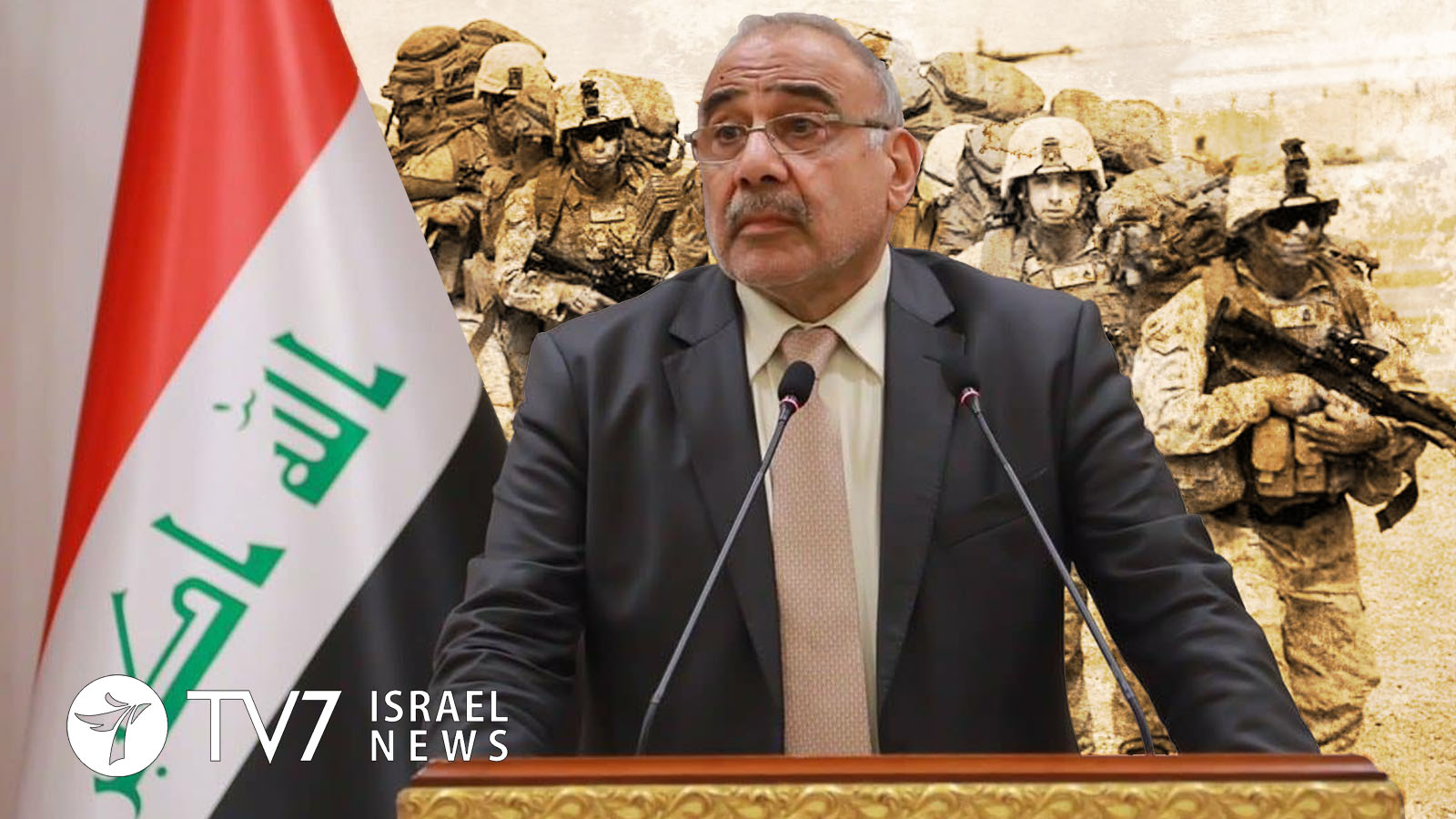Staff today evacuated the U.S. embassy in Baghdad under siege by thousands of protesters, enraged over American military air strikes against the powerful Iranian-backed Kataib Hezbollah last Sunday (December 29). U.S. troops are still inside as of this writing, and Iraqi special forces units trained by the Americans have also been deployed to secure the building. There have been reports that stun grenades were being used to keep people at bay.
The incident risks drawing Baghdad further into proxy conflict between Tehran and Washington. Even though the Iraqi government is appealing for a return to calm, earlier Iraqi Prime Minister Adel Abdul Mahdi had condemned the U.S. military operation as a serious breach of his nation’s sovereignty and warned it would “have dangerous consequences.”
Kataib Hezbollah, meaning in Arabic ‘Battalions of the Party of God,’ is linked to both the Iranian military and Lebanon’s own Hezbollah terror group. It is also officially part of a larger coalition of militias that answer to Iraq government and often work jointly with its regular security forces, albeit under a separate command structure. Washington considers it a terrorist organization that has long harassed U.S. forces. Top Washington officials said the December 29 operation was carried out in retaliation for the recent killing of a U.S. civilian contractor in a rocket attack on an Iraqi military base. Iraqi security and militia sources said at least 25 fighters were killed and at least 55 wounded during three U.S. air strikes in Iraq last Sunday. Two other strikes targeted Syria.
The Iranian-backed militias also pull major political clout in Iraq, and they are the organizers of today’s violent protest at the U.S. embassy.
On Monday (December 30), Iraq’s Popular Mobilization Forces (PMF) umbrella organization of paramilitary factions, which is also formally integrated into Iraq’s armed forces, held a protest in Basra where demonstrators stomped and set to fire to American and Israeli flags. Hundreds of PMF members marched with tribal sheikhs, while waving Iraqi flags and PMF banners, chanting in Arabic, “No, No America – enemy of the people,” and “We want face-to-face (interaction), not by aircraft.”
The PMF are veterans of the campaign to defeat Islamic State and even though they are part of Iraq’s security apparatus, they are also a major proxy of Iran. A PMF commander has vowed retaliation for the killing of its members, while Tehran claimed there is no evidence the group played any role in the attack on the U.S. military base.
Protestor Mohammed Abdul-Karim told Reuters that the PMF has a message for “American troops: ‘Whatever you bombed, whatever you killed, we will stay.’ We are sons of Marjaiya (top Shi’ite cleric), and will steadfastly defend our territories, sacred places and dignity.”
Tensions have grown between Iraq’s two main allies, Iran and the United States, after U.S. President Donald Trump withdrew from Tehran’s 2015 nuclear deal with six world powers and reimposed sanctions.
Iraq has recently been rocked by violent unrest, including mass protest of thousands of civilians against Iran’s influence over the government and inclusion of Tehran-backed militias such as Kataib Hezbollah within the national armed forces.
Iranian Foreign Minister Mohammed Javad Zarif appeared alongside his Russian counterpart Sergei Lavrov In Moscow on Monday (December 30) to condemn the air strikes, where he said the U.S. is drowning the region in a “bucket of blood.”
